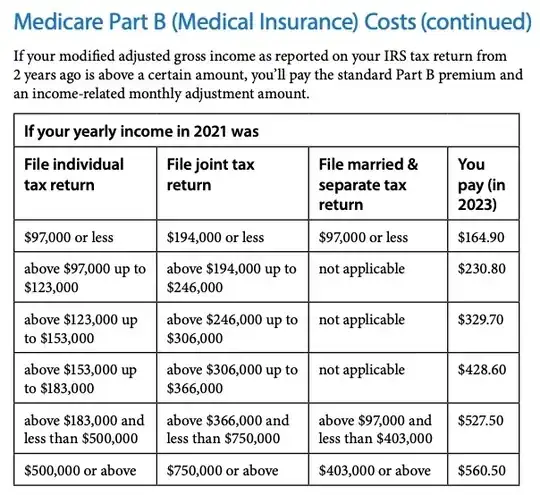I have two jobs, one is in the private sector (access to 401k) and one is in the public sector academia (access to 401b/453b) and my wife has a private sector job (access to 401k) and both of us of course have access to IRAs, investments and cash/bonds.
Currently, I am dividing my max contribution limit per year in two, putting it in each of the 401k/403b and within the 401k they are split nearly down the middle between traditional/roth. My wife is putting her max (she is a year older, so higher limit) into the 401k, again within split almost evenly between traditional/roth. She has an IRA with max contribution each year split between traditional/roth. I have the same thing but at a different brokerage along with regular investments.
So am I doing this right or do you see anything glaring that I should be adjusting with it? A few additional pieces of information, my 401k (Vanguard/Ascensus), my 403b (American Fidelity), my IRAs (Robinhood), wife's 401k (Alight/Fidelity), her IRAs (Fidelity). My 403b is an annuity, no real choice there. Everything is "maxed" each year. I just found out I can have a 457b and was thinking about adding that, but feel the field is already pretty crowded, wanted to get a second (or .. n) assessments on whether this is on a sound footing or not? Should I add the 457? Should I be distributing my and the wife's max contributions in a different way? Any issues you can or suggestions on how I can do it better. Is there something I should be doing that I am not?
I tried to be detailed but if there is anything unclear, let me know and I will add it. Thanks in advance.
FYI: I have read these (and THEN SOME) but doesn't make me feel I am on the right path and also not, so hoping to get perspective on it since almost any evaluation comes with a lot of double talk.
https://www.investopedia.com/terms/1/401kplan.asp
https://www.investopedia.com/terms/1/403bplan.asp
https://www.investopedia.com/terms/1/457plan.asp
